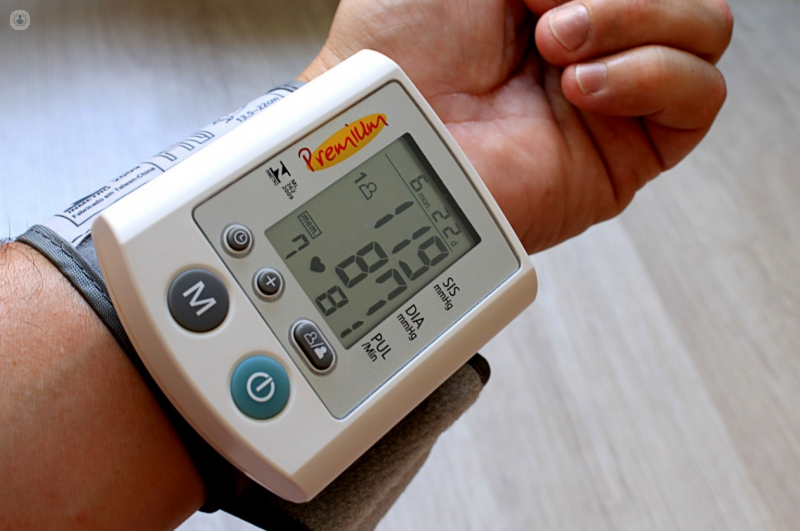Biomarkers
What are biomarkers?
In medicine, biomarkers are biological substances that provide a measurable indicator of:
- The disease or condition someone has
- How the body is responding to a treatment, including medication
- The chances of developing a condition or responding to treatment in the future
Biomarkers are fundamental in all areas of medicine. Some of the most well-known examples of biomarkers include:
- Blood pressure – which can indicate hypertension
- Fasting glucose levels – which can indicate diabetes or responsiveness to diabetes treatment
- Body mass index – which can predict a patient’s risk of cardiovascular disease or diabetes
- Antibodies – the presence of certain antibodies in your blood can indicate that you have an infection
An ideal biomarker is something that can be measured easily and cheaply. In many areas of medicine, diagnostic advances are made by finding biomarkers that are easy to measure compared to carrying out complex imaging tests (such as X-ray) or conducting invasive procedures (such as a biopsy).
Biomarkers in cancer
Biomarkers are particularly useful in the detection and treatment of various types of cancer. Key examples include:
- Prostate-specific antigen (PSA) – used as a measure of prostate size and change in size, and valuable in determining whether someone has prostate cancer
- AFP (alpha-fetoprotein) – elevated levels can indicate liver cancer
- The membrane receptor EphB4 – this provides information on how a patient is responding to treatment for colon cancer
Biomarkers in genetics
Genes can be understood as a type of biomarker. Certain genes can:
- Cause a disease (see hereditary diseases)
- Increase your susceptibility to a disease (e.g. breast cancer or Parkinson’s)
- Determine how you will respond to treatment
Because we have millions of genes and they are not yet well understood, researchers in genetics believe that we will uncover many more biomarkers and significantly increase our ability to predict an individual’s risk of developing conditions or reaction to treatment. In this way, genetic biomarkers may play a huge role in a move towards personalised medicine.

